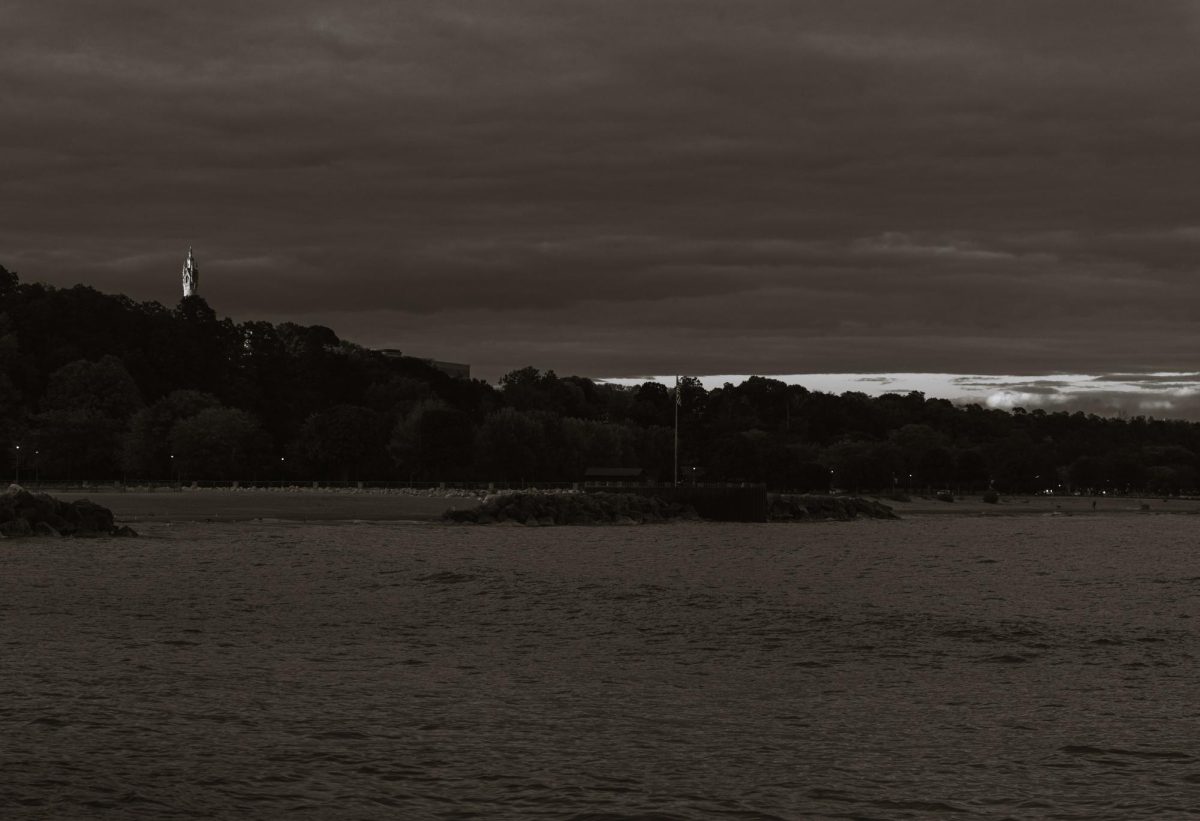There is a longstanding history of women being accused of wickedness as a result of proximity.
“Many accusations stemmed from simply being present around the time of another’s misfortune,” Philippa Carter, a historian at the University of Cambridge, said of women being accused of witchcraft throughout the 16th and 17th centuries.
Across the world, there have been different speculated motives for these accusations. In China, witch hunts were thought to be motivated as forms of punishment for women’s resistance to conform with social norms. But in European regions, it was more common for women to be thought of as “witch doctors” who caused intentional harm for personal gain or out of pure evil.
In a study published in the journal “Gender & History,” astrologer Richard Napier sheds light on how and why women were accused and blamed of witchcraft practices.
Napier treated clients in Jacobean, England using star charts and elixirs, but he also conducted thorough research in an attempt to find links between the accusations and the accused. What he found over and over was that the professions of women accused had a common thread: risk.
Most of the jobs involved either healthcare, childcare or livestock care.
An article from the University of Cambridge wrote “all of which left women exposed to charges of magical sabotage when death, disease or spoilage caused their clients suffering and financial loss.”
Because men worked in professions more resistant to error or did not have lives dependent upon them such as labor, they were not in as vulnerable of positions to be blamed for mishappenings. But women, who often worked in nursing or teaching, were often blamed if something bad happened to one of the people in their care.
“Women’s work saw them become the first line of defense against corruption, and this put them at risk of being labeled as witches when their efforts failed,” Carter said.
In America, the most prominent of all witch hunts were the Salem Witch trials: a series of hearings and prosecutions of people accused of witchcraft between February 1692 and May 1693. Though, Wisconsin has its own connection to witch trials.
One of the most prominent faces of the Salem Witch trials laid their foundation in Sheboygan, Wisconsin.
The Sheboygan Press reported on this man, Cotton Mather, back in 1926:
“Mr. Mather (Sheboygan resident), who is a descendant of Cotton Mather, well-known in the days of witchcraft, visited the 300-year-old house in Salem and the Paul Revere house in Boston. The latter was built for Cotton Mather and later occupied by Paul Revere. In the house portraits of Cotton and his brother Samuel hold a prominent place. The home was built about 1680 on the site of the former parsonage of the Second Church of Boston. Increase Mather, the Minister of the Second Church, and his family (including his son, Cotton Mather) occupied this parsonage from 1670 until it was destroyed in the Great Fire of 1676. A large and fashionable new home was built at the same location about four years later.”
Even in Wisconsin, connection points to the Salem Witch trials once found a home.
This story was written by Grace Cady. She can be reached at [email protected].



